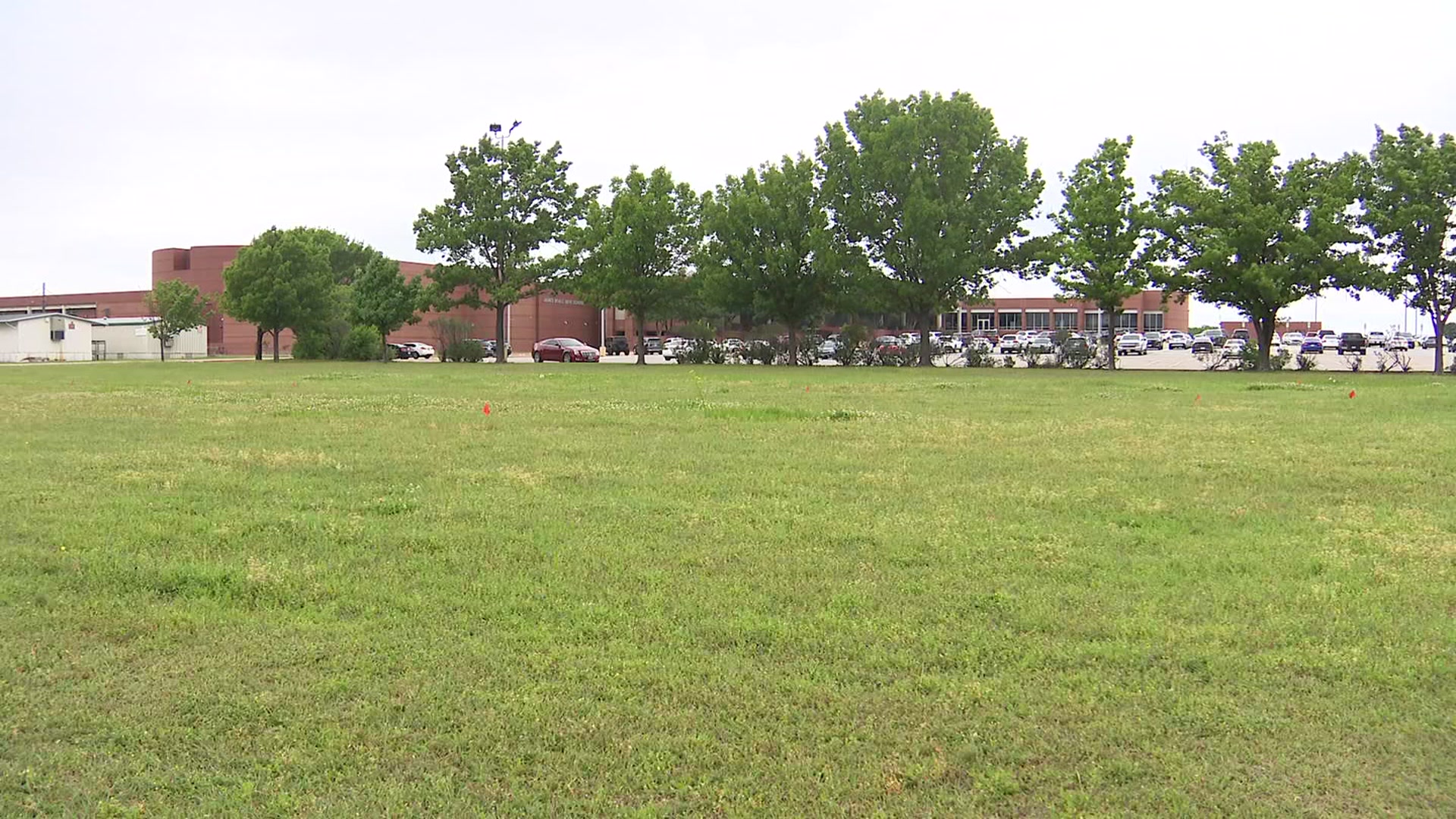An attorney representing fired Texas Wesleyan University head baseball coach Mike Jeffcoat released a statement Friday saying his client's termination was done "out of fear" over his "mild political commentary."
Jeffcoat was released Thursday over what the university described as NAIA rules violations and a discriminatory email sent to a college recruit.
In the email to the high school recruit Jeffcoat said:
"Thanks for the interest in our program. Unfortunately, we are not recruiting players from the state of Colorado. In the past, players have had trouble passing our drug test. We have made a decision to not take a chance on Student-athletes from your state. You can thank your liberal politicians. Best of Luck wherever you decide to play."
Jeffcoat's attorneys said Friday that the coach "was extremely frustrated by having lost good players to failed drug tests" and "in his frustration, he made a political comment in an email."
The attorney said Jeffcoat's comments were protected by the first amendment and that instead of firing Jeffcoat the university could have used his words to start a public discussion about the role of marijuana in modern sport.
"The reactionary firing of Mr. Jeffcoat by Texas Wesleyan University was done out of fear, which is a terrible reason to take away someone’s career," the attorneys said in a prepared statement. "Coach Jeffcoat was a dedicated and loyal employee for the University for over seventeen years and was summarily fired because the University has no tolerance for mild political commentary?"
Jeffcoat's attorney's offered no apology for his client's comments and did not address the NAIA violations mentioned by the university as one of the reasons for his termination.
Local
The latest news from around North Texas.
The entire statement can be read below.
Mike Jeffcoat is, at his core, a baseball coach. He has eaten, breathed and slept baseball since he was five years old playing t-ball. From his time as a pitcher for the Texas Rangers through his seventeen years of building a baseball team for Texas Wesleyan University, Jeffcoat has thought about little else, resulting in a long history of success as a player and college coach. He does not have a political agenda, he has a baseball agenda. As a coach, he was extremely frustrated by having lost good players to failed drug tests. In his frustration, he made a political comment in an email. We all make and hear political comments on a daily basis—at work, in the classroom, in public forums, in private conversations. Some of it we agree with and some of it we don’t, but in this country, it’s free speech. Free speech is protected by the First Amendment. The First Amendment doesn’t require the speech to be “politically correct” or life affirming for the recipient. “If liberty means anything at all, it means the right to tell people what they don’t want to hear” (George Orwell). The reactionary firing of Mr. Jeffcoat by Texas Wesleyan University was done out of fear, which is a terrible reason to take away someone’s career. Coach Jeffcoat was a dedicated and loyal employee for the University for over seventeen years and was summarily fired because the University has no tolerance for mild political commentary? Instead of firing Mr. Jeffcoat, the University could have allowed Jeffcoat to explain his frustration in attempting to recruit good players from states where marijuana is legal, yet disqualifying players with marijuana in their drug screens (which violates the University’s student athlete drug policy). The University could have generated a public discussion about the role of marijuana and marijuana legislation in today’s sports. The University could have taken a leadership role and acknowledged that there is room for a wide variety of opinions on the subject—some aligned with Mr. Jeffcoat and some in opposition. That is what we call a healthy debate. There is a vast difference between “discrimination” (where the law says you can’t treat people differently based on race, national origin, age, gender, religion or disability) and political commentary. When our universities set out to silence political commentary, we, as a nation, are in trouble.



